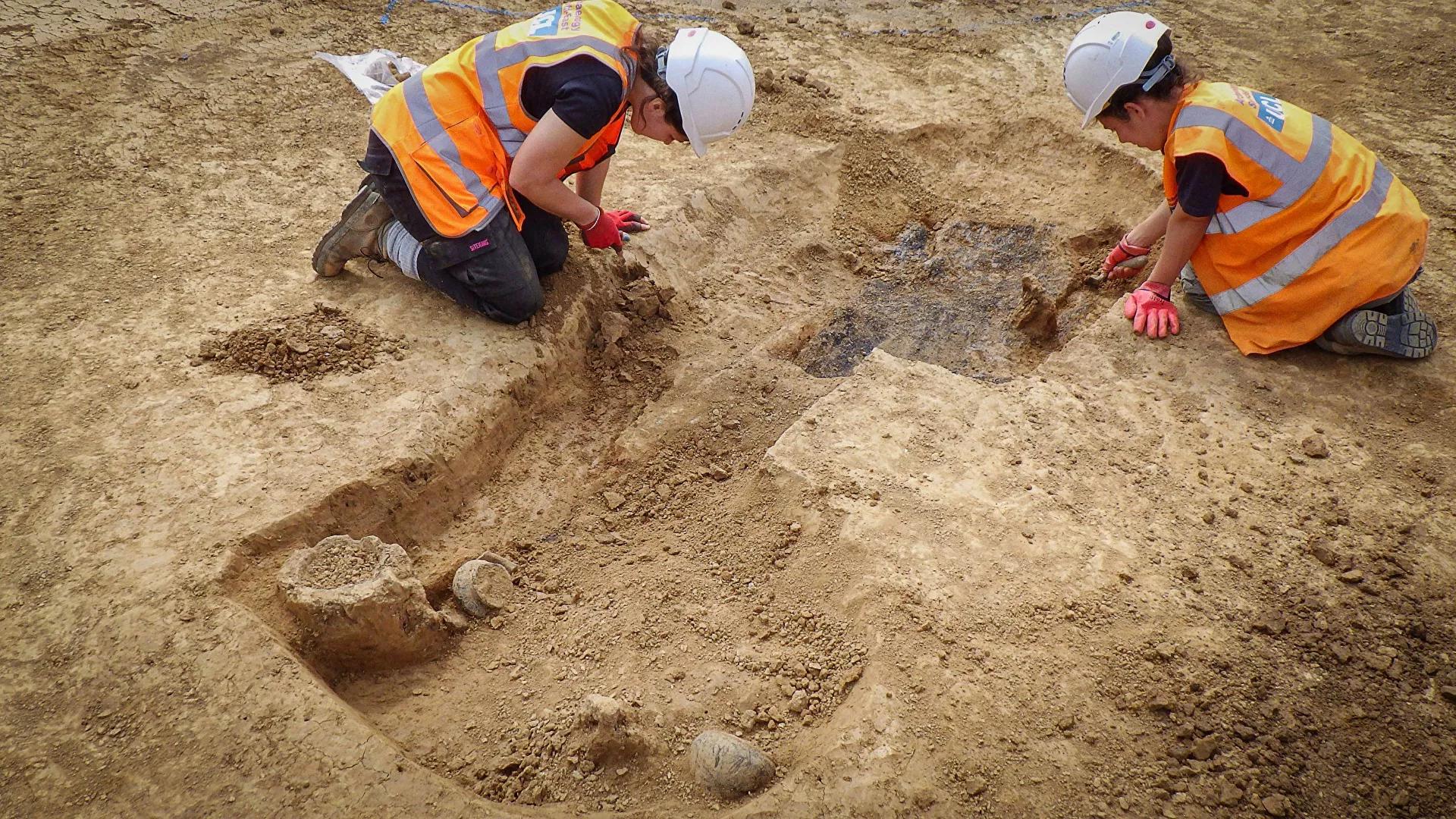Africa-Press – Cape verde. The items were discovered on the southern bank of the river, where researchers previously found the remains of an Iron Age settlement – post holes capable of holding a massive structure. These and other finds offer evidence of a “bustling community with a thriving iron working industry”, says Professor Alice Roberts of the University of Birmingham.
Coins discovered recently near the Thames River could rewrite London’s history, Mike Curnow, archaeologist from the Museum of London Archaeology, has said. The general view in the scientific community is that London is a Roman city, as no substantial evidence of a pre-Roman settlement has been found close to the city’s centre.
The design of the coins discovered, however, suggests that they were made for the Cantiaci Tribe, an Iron Age Celtic people living in Britain before the Roman conquest. Scientists believe they lived in what is now Kent and used Canterbury as their capital.
Iron Age specialist Adam Sutton examined the items and concluded that they were the earliest coins ever found in Britain. They had the maker’s tabs, which means that an Iron Age mint could have been located in the area. Mr Sutton said researchers are still debating the role of coins in Iron Age society and whether it had a monetised economy.
For More News And Analysis About Cape verde Follow Africa-Press






